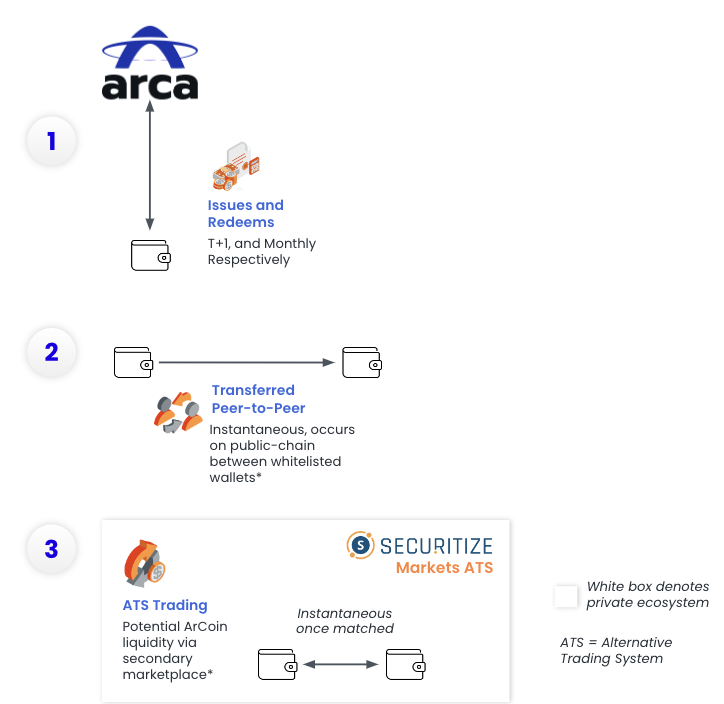Research Summary
The report discusses the dominance of Lido in Ethereum staking, capturing 32% of all staked ETH. It attributes Lido’s success to its ability to simplify staking complexities and provide a liquid staking token. The report also highlights Lido’s decentralization strategy, its market share, and the implications of its dominance. It further delves into Lido’s governance structure, its growth strategy, and the criticisms it faces. The report also presents alternatives to Lido’s stETH and discusses the impact of liquid staking providers on Ethereum’s base layer consensus.
Key Takeaways
Lido’s Dominance in Ethereum Staking
- Lido’s Market Share: Lido has captured 32% of all staked ETH, making it the dominant player in Ethereum staking. Its market share is more than twice that of its nearest competitor, and it continues to attract the majority of new inflows.
- Lido’s Success Factors: Lido’s success is attributed to its ability to simplify the complexities of staking and provide a liquid staking token (LST) that allows users to freely use their staked ETH while earning staking rewards. Lido’s stETH is highly trusted by users and it offers the lowest fees, highest liquidity, and largest set of DeFi integrations.
- Lido’s Decentralization Strategy: Lido achieves decentralization by outsourcing node management responsibilities to a diversified set of third-party node operators. However, its stake distribution is not evenly distributed among node operators.
- Implications of Lido’s Dominance: The implications of Lido’s dominance and potential centralization concerns are still unclear. Breaching certain stake thresholds in Ethereum’s consensus can grant unilateral powers to the controlling party, such as inhibiting finality, censoring transactions, and performing short-term reorganizations.
- Criticisms of Lido: Lido has been criticized for neglecting to self-limit its growth and approaching an important consensus threshold. There is a debate within the Ethereum community regarding Lido’s centralization and its impact on Ethereum’s social contract and values.
Lido’s Governance Structure
- Lido’s Governance Power: Lido governance currently grants significant power to a few VCs and individuals who have control over key decisions, including smart contract updates, node operators, and the protocol’s treasury. Concerns about Lido’s governance revolve around the concentration of power and the lack of explicit attack vectors.
- Future Governance Plans: Lido plans to reduce the power of LDO holders in the future through proposals like dual governance, but these changes are not yet implemented.
- Governance Assessment: Lido’s governance structure is underdeveloped, with all governance metrics assessed as needing improvement.
Alternatives to Lido’s stETH
- Rocket Pool’s rETH: Rocket Pool stands out for its decentralization, with stake divided among thousands of distinct node operators. Its rETH offers greater slashing protection due to node operator collateral and benefits from client diversity.
- Diva Staking’s divETH/wdivETH: Diva Staking incorporates Distributed Validator Technology (DVT) for superior fault tolerance and resiliency. Its divETH charges a 10% staking fee that goes to key share operators.
- Other Alternatives: Other alternatives include StakeWise v3’s modular staking marketplace, Stader’s multichain liquid staking project, Swell’s swETH, and Ether.fi’s eETH token.
Impact of Liquid Staking Providers
- Systemic Risk: Liquid staking providers have a significant impact on the base layer’s consensus and may pose a greater systemic risk compared to other application layer projects.
- Centralization Concerns: The high demand for stETH and the centralizing forces of scale in Lido pose risks to Ethereum’s value proposition as a permissionless, censorship-resistant, and neutral platform.
- Stake Acceptability Level: The stake acceptability level varies among prominent voices, but most agree that >30% is suboptimal.
Actionable Insights
- Investigate the Potential of Alternatives: While Lido dominates the Ethereum staking market, alternatives like Rocket Pool’s rETH and Diva Staking’s divETH/wdivETH offer unique features and benefits. Stakeholders should explore these alternatives for diversification and risk mitigation.
- Consider Governance Structure: Lido’s governance structure currently grants significant power to a few entities. Stakeholders should consider the implications of this concentration of power and monitor Lido’s plans to reduce the power of LDO holders.
- Monitor Centralization Concerns: The centralizing forces of scale in Lido and the high demand for stETH pose risks to Ethereum’s value proposition. Stakeholders should remain vigilant to maintain decentralization and censorship resistance in the face of potential threats.
- Assess Systemic Risk: Liquid staking providers like Lido have a significant impact on the base layer’s consensus and may pose a greater systemic risk compared to other application layer projects. Stakeholders should assess this risk and consider measures to mitigate it.














